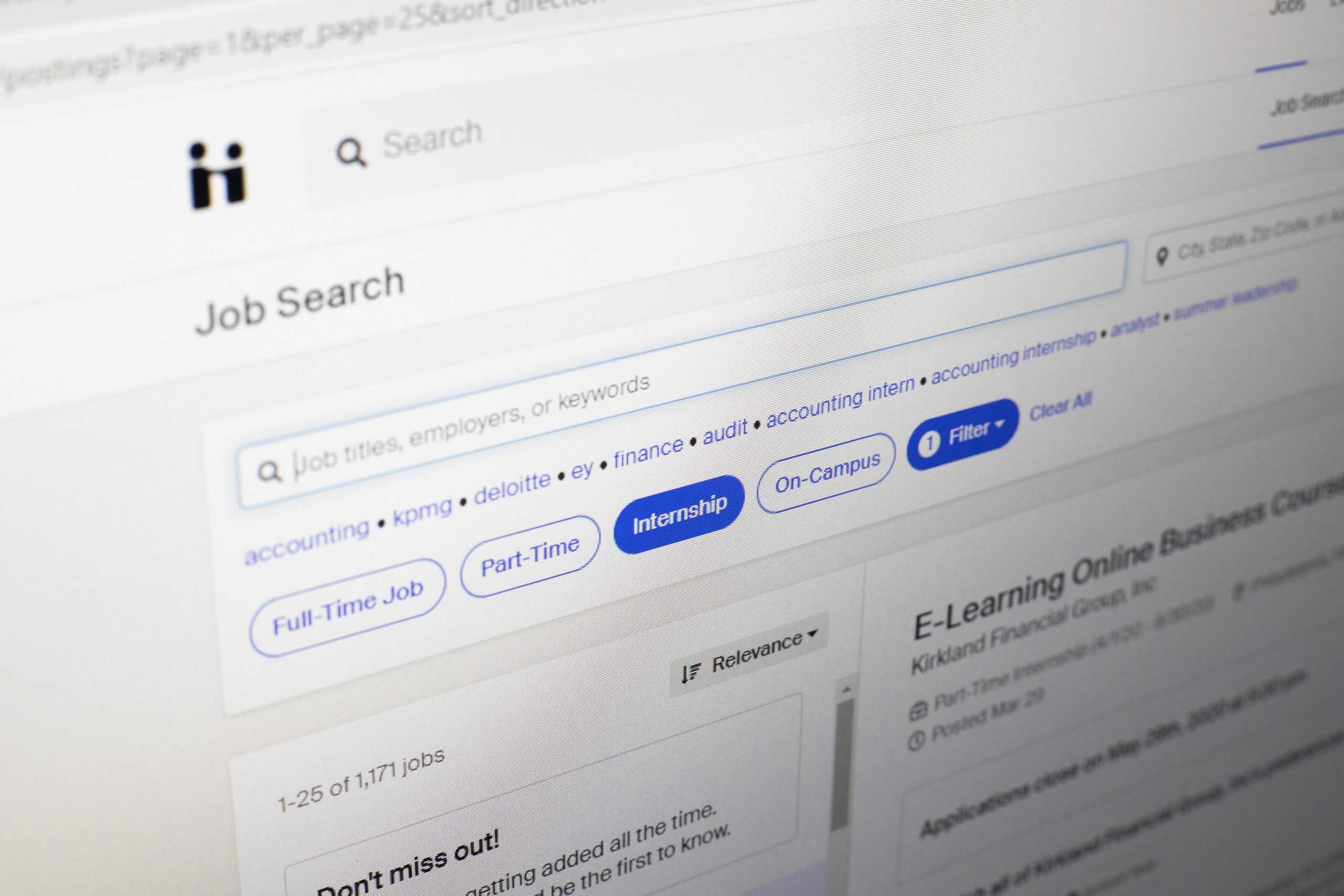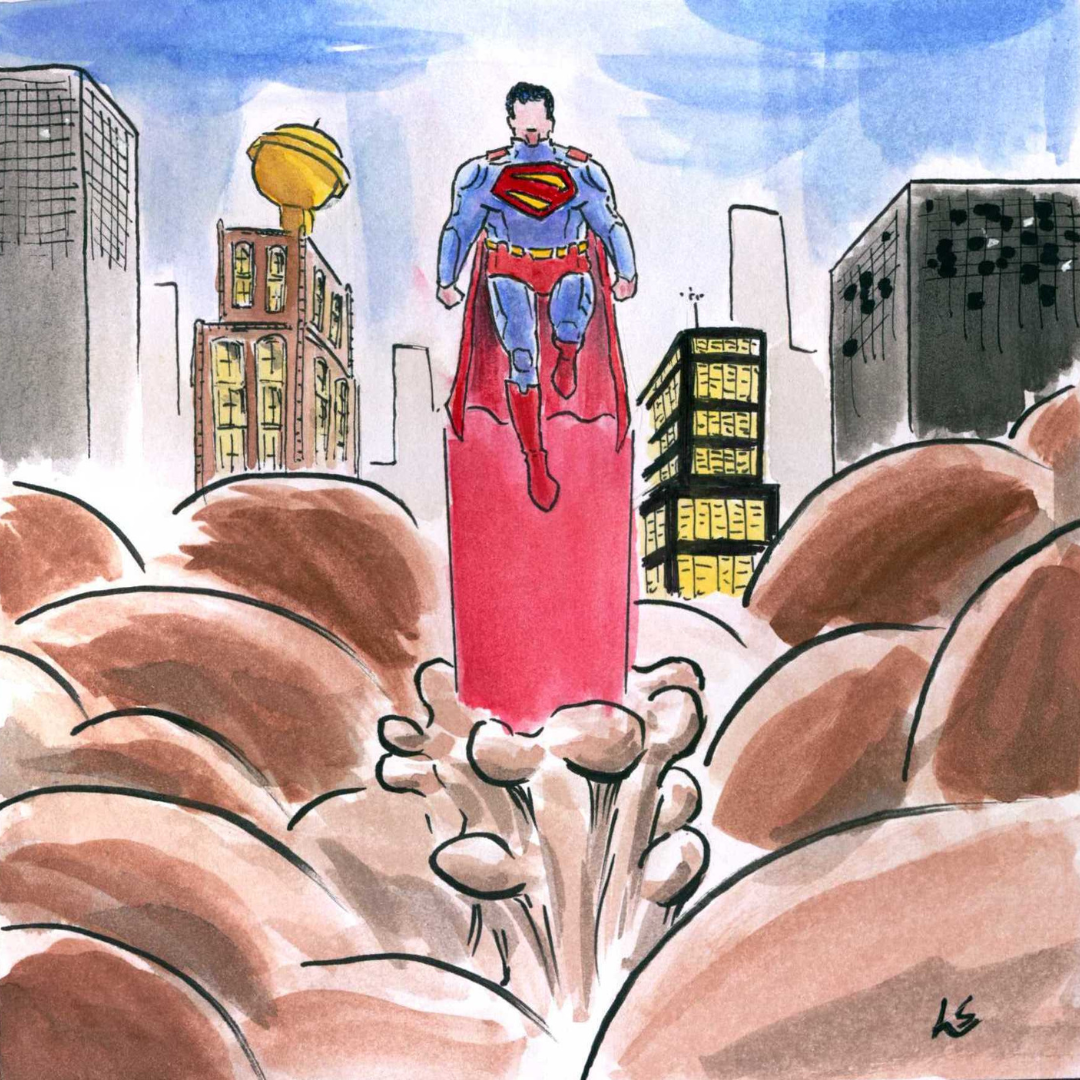As summer internships are being canceled due to the coronavirus pandemic, many students are worried about how to gain professional experience over summer 2020.
The Hawk spoke with Trish Shafe and Scott Rappaport, director and associate director of the Career Development Center, respectively, to hear their advice for students whose internships were canceled.
What kinds of changes in hiring are we seeing from the pandemic?
Scott Rappaport: As expected, we are seeing less actual [job] postings. It’s not like it has dried up completely, but postings are down a bit.
Despite some internships being canceled, are employers making changes so that they can still offer internships remotely?
Trish Shafer: Employers rely on interns really heavily and they don’t want to be living without interns. Employers are figuring out how to create and manage virtual and remote interns in a way that’s ethical, gives them a solid experience, and gets some solid work from them as well.
If a student’s internship was canceled, or they are looking for an internship this summer, what should their next steps be?
TS: [Students] should be looking for remote internships, and there are a lot of resources for remote experiences right now. On Handshake, [students] can search for remote jobs, and students should really start shifting in that direction. We just found out that CareerShift, which is a tool that we have on the Career Development Center’s website, has remote job opportunities. We want students to shift their thinking toward experiential learning. Internships have been the very popular go-to option for students. A lot of employers use them, but it is about building skills. It is about being able to tell stories around demonstrating those skills.
Should students market themselves differently for remote internships than they did before?
TS: Cover letters and resumes don’t need to be different per se, but [students] will not be able to get away with an okay resume, like [they] might have before. There are always stand-out resumes, but there is also the Career Fair and networking events and the employers will use that as the opportunity to really dig into the resume to figure out [whether] somebody would be a good fit for our organization. Because it is virtual now, that static document really has to be as strong as it can be. It’s going to be more competitive.
SR: With LinkedIn, everything about your profile being very strong is so important because not having a strong profile, when people [see] it they go, ‘Eh.’ You [Students] have to be able to utilize that tool. [They] can’t just make a profile, have it sit there, and go ‘Alright, now people can see me and they are going to come flocking to my account and say ‘Oh this is great, let me reach out.’ That’s not going to happen. Even more important now is that [students] are doing [their own] outreach. [They] are utilizing the St. Joe’s alumni network, which there is a group on LinkedIn. Again, putting [themselves] in a situation where [they’re] the go-getter is super important.
What resources are out there for students to use?
TS: Starting Monday, for two weeks we will be issuing two to three very brief, two minute tips on job-searching strategies. We will be putting that on social media. We will also be posting these on our website. It will be things like why [students] should be joining groups on LinkedIn and how to engage with employers there. Then in June, we will be offering workshops for students on how to search for a job in COVID- 19.
SR: We are here for students. We are here for alumni. The more they hear that, the better. That’s through our virtual appointments, our counselling services, our website. We are doing anything we can do to help [students] out.
How else should students prepare for internships in the future?
TS: We anticipate that a fair question from an employer is going to be, ‘What did you do during COVID-19?’ We feel that that is going to be the differentiator for students. Some might just say “Gosh I tried and I looked. I just really didn’t find anything.” In contrast, there is going to be the student who says, “I took the opportunity to sign up for this course and I did this micro internship,” and just found innovative ways of making the most of it and showing resilience and creativity.



















































